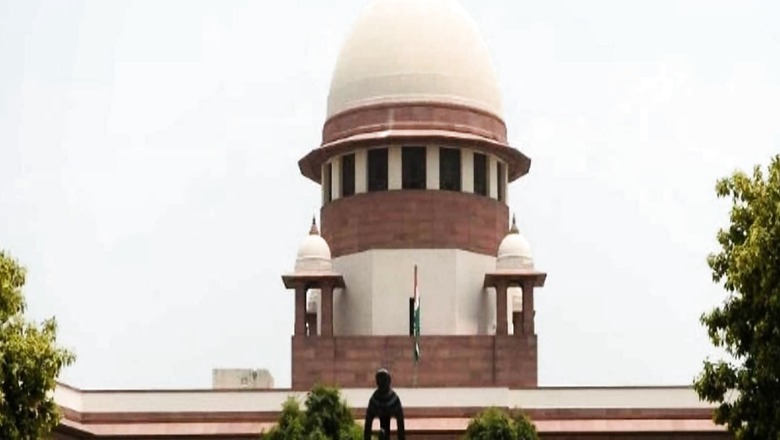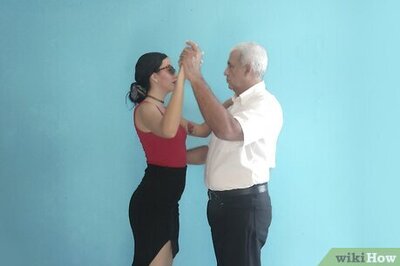
views
The Supreme Court on Wednesday went an extra mile in reuniting an estranged couple involved in a bitter legal battle for last 21 years.
The Andhra Pradesh-based couple had a history of failed mediations. The wife had sought jail term for her husband in a dowry harassment case. The court made the wife agree to withdraw her plea seeking enhancement of jail-term.
When the case came up for hearing via video conferencing, Chief Justice NV Ramana asked to speak to the couple through video conferencing.
As the woman was not comfortable speaking in English, the official language of the apex court, the CJI conversed in Telugu and also explained her statements to fellow judge.
The couple had been living separately since 2001 and the man, who worked in the revenue department of the state government, was financially supporting his wife and their son for the last 18 years even after he got convicted in a criminal case lodged by the wife, Hindustan Times reported.
The wife had filed a criminal complaint a month after their separation and alleged cruelty by the husband. He was charged under Section 498A of the Indian Penal Code (IPC).
“If your husband goes to jail you will lose the monthly compensation as he will lose his job,” the CJI told the woman who has moved the top court for enhancement of jail term for her husband.
Lawyer D Ramakrishna Reddy, appearing for the husband, a state government employee at Guntur district in the state, said the CJI explained the legal situation to the woman in Telugu making it clear that the enhancement of the jail term was not going to help either of the spouses.
“If we enhance the jail term what benefit you will get … you may have to forego the monthly compensation,” Reddy said quoting the CJI.
The woman heard CJI’s advice patiently and instantly agreed to live with her spouse provided she and their only son are maintained properly by her husband.
The top court then asked both the spouses to file separate affidavits in two weeks giving the undertaking that they want to live together.
The wife has undertaken to withdraw her appeal against the high court verdict by filing an application to compound the dowry harassment case against her husband who, in turn, will be withdrawing his plea seeking grant of divorce decree from a trial court in Andhra Pradesh.
The offence of dowry harassment under section 498A of the IPC is a compoundable offence in Andhra Pradesh only and in rest of India, parties cannot settle such cases on their own.
The top court was hearing the appeal of the woman against the Andhra Pradesh High Court order by which though the conviction of her husband was upheld, but the jail term of one year, awarded by courts below, was reduced to the period undergone in prison by him.
Prior to this, the trial court, in 2002, had convicted the husband under section 498A (dowry harassment) under the IPC and had awarded a jail term of one year besides imposing a fine. It however had acquitted her mother-in-law and the sister-in-law of same charge.
The appeal of the husband against the judgment was rejected by the revision court.
(Inputs from PTI)
Read all the Latest News, Breaking News and Coronavirus News here.















Comments
0 comment